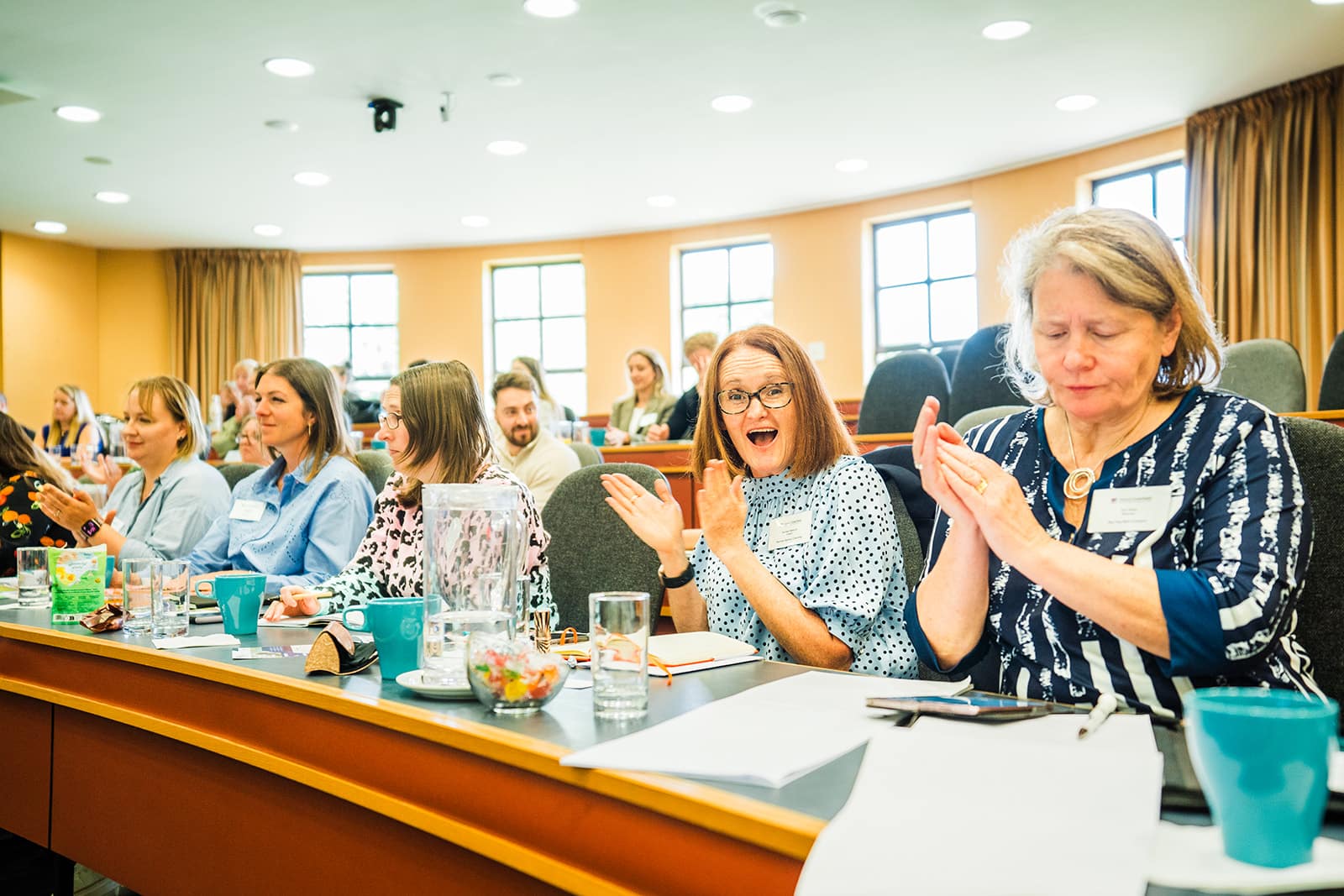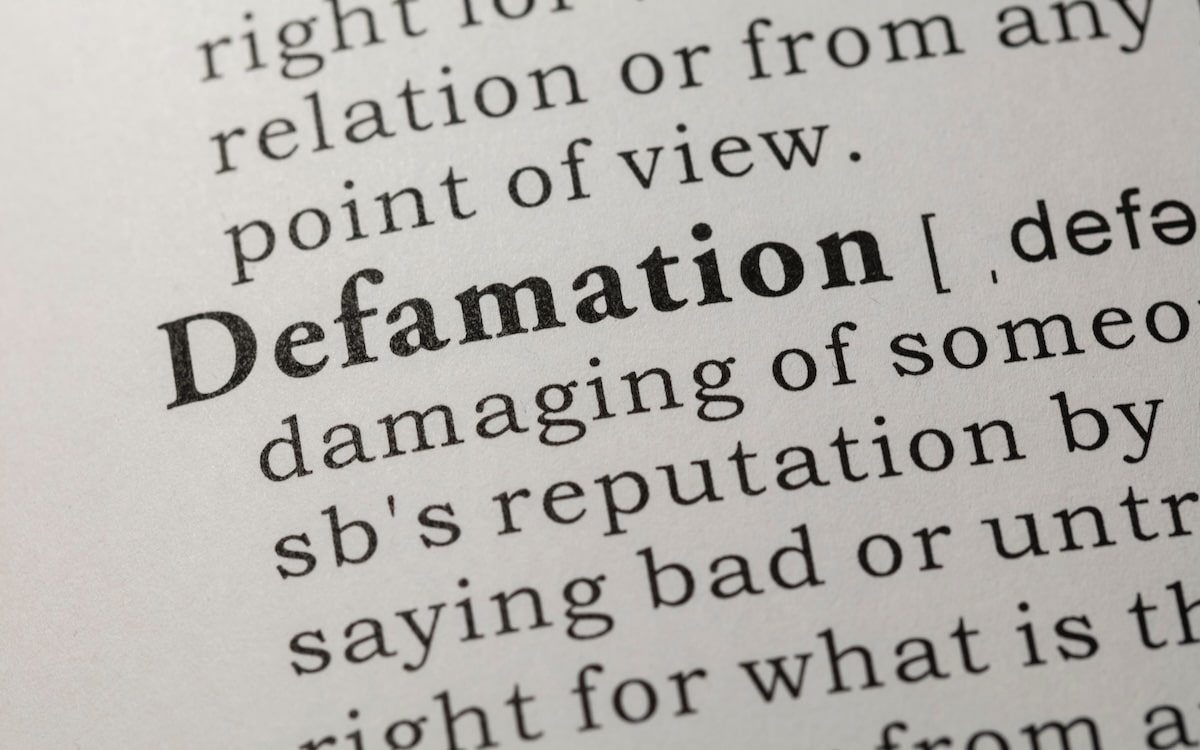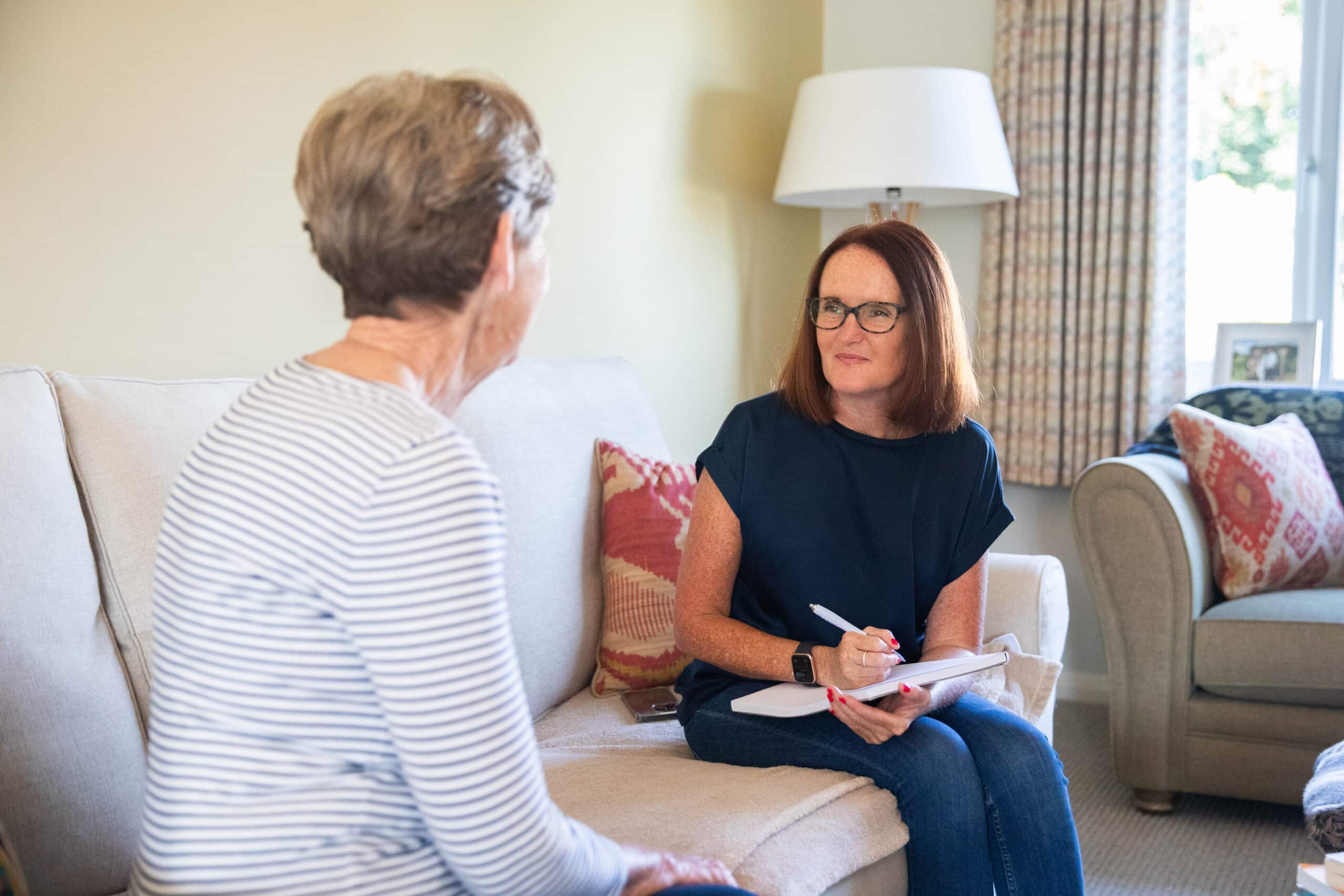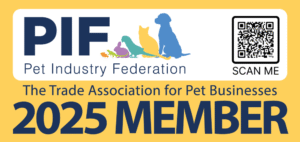Have you ever suffered from comparisonitis?
You might have found yourself looking at other pet businesses or in a similar space and thinking ‘oh my gosh they do so much more than me?’
Fretting as you see them chat about their waiting list, client base, even their media wins, and spiral yourself into self-doubt?
Whilst it’s healthy to be inspired by others, comparisonitis can have a huge impact on self-esteem.
That’s why this week I’m talking to therapist Kate Hoyle.
She deals with lots of people who struggle with comparing themselves, we talk about what it is, how to spot it and simple steps you can follow to nip it in the bud and feel good about yourself!
You can listen in on the player link below or read the key points as a blog post.
Hi Kate, can you tell me a little bit about your background?
“I’m a clinical hypnotherapist, so I work in therapy but I use a type of hypnosis called Rapid Transformational Therapy which is all about going to the root cause.
“You can’t solve anything unless you know where it comes from, when you have the understanding of this you can resolve and change what’s going on.
“Hypnosis helps put you in a great state to accept suggestions, we can find all the answers because your subconscious stores everything – and that’s what we work with, meaning it’s really fast and effective.”
How do people use this in relation to their businesses?
“I work with a wide range of people in all sorts of subjects, I particularly like working with business owners and people who are starting their careers.
“I work with them if they’re suffering from things like low self-esteem, confidence, imposter syndrome and things like that.
“When we get rid of that they are free to go on and become really successful, which is really exciting! I work with men and women of all ages, and topics.”
We’re talking about comparisonitis, please can you define what it is?
“It’s thinking we’re not as good as somebody else.
“Because we’re tribal animals, we have a need to fit in and be accepted, so we’re constantly assessing ourselves against others to figure out where we fit in the tribe.
“Our primitive brain kicks in and we naturally compare ourselves negatively, which is our negativity bias, as a way of protecting ourselves against perceived dangers as part of our primitive make-up.
“The difference is this that for some people this will have a major impact on them, and for others, it won’t – and that comes down to self-esteem.”
We live in a world where this plays out on social media, so how can this impact us?
“The trouble with social media is that we only see the good bits of what people are doing, it’s a snapshot of their life.
“We only post about the positive happy stuff or if we’re really down and we want support, so it’s not reality.
“But because we’re surrounded by it it’s become a ‘new reality’ and it’s hard to step away from it.
“We take all the happy content and see it as fact, comparing ourselves to it and it’s absolutely not true.”
It’s hard isn’t it though to not compare yourself when you are feeling low?
“When we’re down we notice more and can easily sink into, ‘everyone else is successful. What’s wrong with me?’
“We have to bring ourselves back to reality, and realise ‘why are you looking at this other person?’
“You’re looking at them for inspiration and to find out what they did, but you don’t want to be that person, you’re your own person and you offer something different.
“Another really important thing is to look at how long they have been operating.
“People generally overestimate what they can achieve in a year, but underestimate what they can achieve in two so it’s important to have perspective, and to keep going.”
So can we use comparisonitis in a positive way?
“Absolutely, if you see someone you compare yourself to, they can inspire you. You see what’s possible and you can reverse engineer it. You can look at what they did to get there and see how you can too.”
By trying to be like others, do we lose track of what makes us special?
“We’re not designed to be that person. You may want their success, but there’s no one else like you on the entire planet.
“That’s what makes you special. No one else can offer what you’re offering, especially with pet services. It’s not the service you offer, it’s you.
“Your clients connect with you because they are the right person for you.”
Instead of thinking about what our competitors are doing, should we think about who we help?
“People will engage with you if you’re offering something they want. It’s really powerful to remember that people will form an opinion of you the moment they hear your voice and see your picture and hear what you have to say.
“A person with low self-esteem will let it in and treat it as fact, but if you have good self-esteem, you can clearly see it as an opinion and not let it in.
“So go and do your thing! The only opinion that matters is the one we have of ourselves.”
If we start comparing ourselves and feel rubbish, what steps should we take?
“The first thing to do is to stop the spiral because a negative spiral only goes one way, which is down. We need to come to the moment when this is happening and bring ourselves to the present.
“Personally, I like to go for a walk and unplug. But it could be as simple as putting your focus on something in front of you, like a pen, a leaf, a chair – anything to focus on.
“Think about the colors of the objects, how it feels, is it hot or cold? Engage your senses. By really focusing and bringing our attention to something, it stops the spiral.
“Then we can use gratitude to bring positivity back to us. Start to list the wonderful things in your life and run them through your head; it could be your health, the people in your life that you love, the house you live in, absolutely anything.
“Then the third thing, if you can’t get out of the mindset of ‘everyone’s better than me,’ is to look for the evidence. Become the judge and the jury.
“Ask yourself ‘is this really true?’ or are you making assumptions? Look for the facts, the hard evidence.
“Then start to look at your wins, all the small achievements, because you can celebrate yourself no matter how tiny that win is.”
I love having a win folder for this!
“It’s absolutely fabulous because if you have the digital images or physical ones of positive feedback and the amazing things you’ve achieved, it’s going to be a great reminder that it’s all going to be okay!”
To find out more about Kate, visit www.katehoylehypnotherapy.com.
If you enjoyed this post, you might like to read Why every pet business should have a win folder and Five things that can get in the way of being bold in your pet business.














